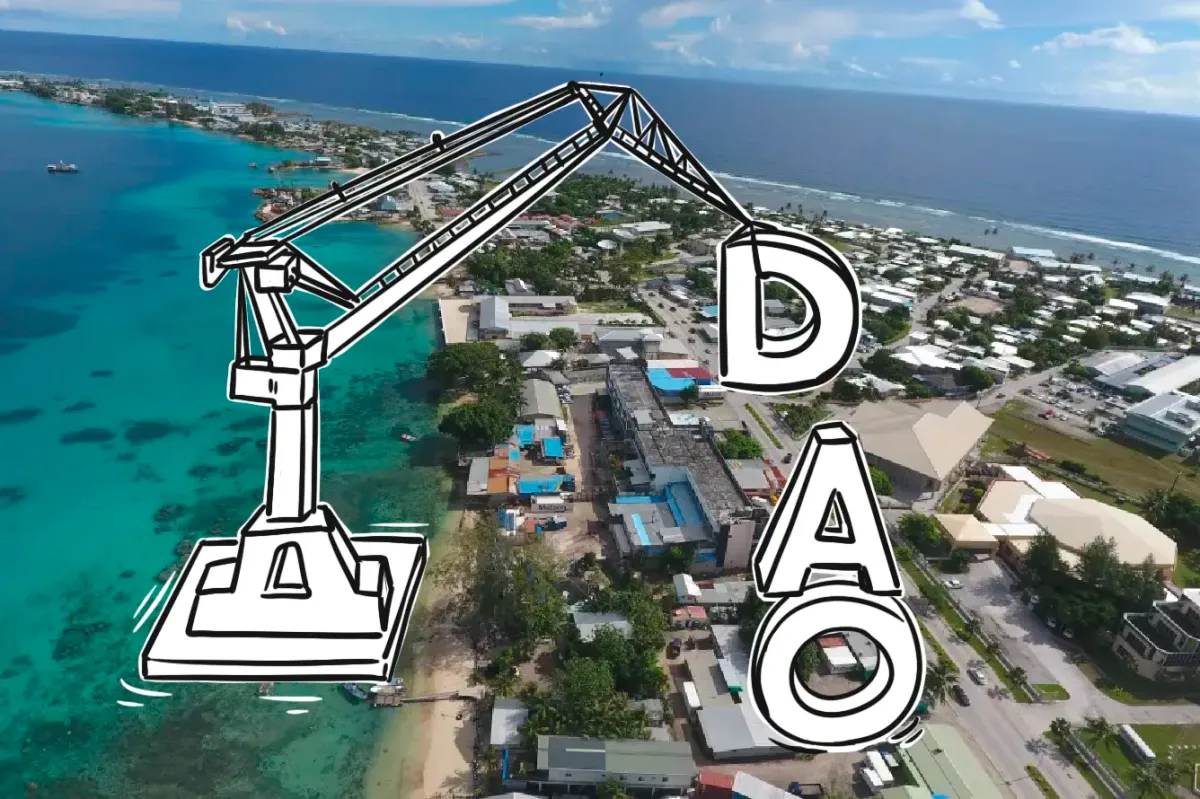
The parliament of the Republic of the Marshall Islands (RMI) recently passed legislation that has enhanced its existing law for DAOs, according to the two authors of the bill, Member of Parliament David Paul and Adam Miller, CEO of MIDAO. The information is not yet reflected on the parliament's website and social media but has been confirmed by MIDAO.
The Marshall Islands are among the most positive countries in the world for registering DAOs. The country became the first sovereign nation to formalize the legal registration of DAOs for regulatory and tax purposes in 2021. The Decentralized Autonomous Organization Act of 2022 legally recognised DAOs (both profit and non-profit) as domestic limited liability companies under the existing legal framework and allowed them to register within the country.
This newly amended legislation “provides needed upgrades to expedite and ease the incorporation process,” MIDAO said. The amended law allows a faster registration time (a maximum of 30 days) and states that most governance tokens are explicitly not securities. It also ensures that DAOs are not responsible for the use of open-source software, according to information provided by Adam Miller to Coindesk.
This summer MIDAO announced that it had successfully secured $1 million in seed round funding that would allow the company “to further expand its innovative legal & regulatory framework for Web3 projects & DAOs.” The amended law is allegedly the first visible output of these investments.
Basically, the whole “RMI – DAO paradise” story is written by two individuals: Adam Miller, DAO adherent and consultant, and Bobby Muller, a former President’s Cabinet member of the RMI Government and "broadly influential person in the [country]". Currently, it feels that the whole country is their personal training ground where the MIDAO strategy is being developed.

The IMF believes that some blockchain-based initiatives, including the (unsuccessful) issuance of local digital currency SOV and DAO legalisation, pose serious risks to the financial integrity of the RMI. From the very conception of such initiatives in the country back in 2018 the fund was strictly against the idea, saying it would raise serious economic, reputational, AML/CFT and governance risks. This summer the IMF warned the RMI once again and suggested imposing a moratorium on the registration of DAOs.
Apparently the RMI didn’t pay a lot of attention to all these warnings, which may seem quite reckless for a country depending on IMF money and support. On the other hand, the fact that the government prefers trusting two individuals and their progressive ideas rather than a major financial agency of the United Nations, hints that the world community is – at least partially – already preparing for the decentralized future.

